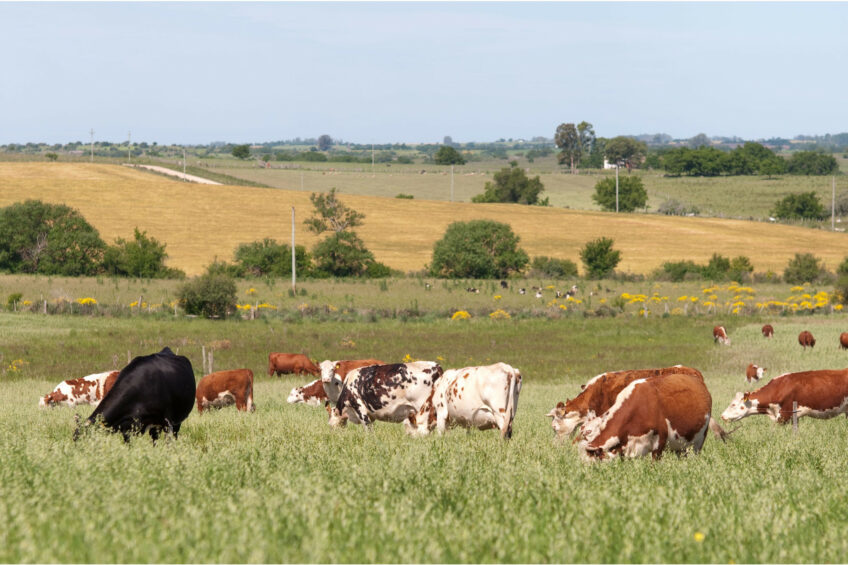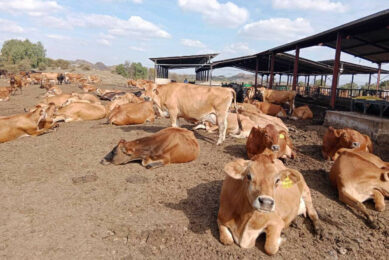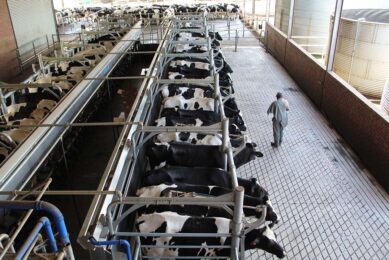Why are some of South Africa’s farmers concerned about the Expropriation Act?

While South Africa’s Expropriation Act aims to promote equitable land distribution, many farmers across the country fear that their land and livelihoods are threatened. What does this new law mean for the country’s agriculture sector?
On 23 January 2025, South Africa’s President Cyril Ramaphosa signed the Expropriation Bill into law. This establishes a legal framework for the government to acquire private property “in the interest of the public” subject to “just and equitable compensation” being paid. In some instances, however, expropriation of the land is without compensation. The law emphasises, however, that expropriation cannot occur arbitrarily and must follow failed negotiations with property owners.
A risk to farmers’ private property rights
AgriSA, one of South Africa’s largest agricultural organisations, has raised significant concerns about the new law. “The signing of the Expropriation Bill poses a risk to private property rights, which is the primary basis on which South African agriculture is structured,” said Johann Kotzé, AgriSA CEO. “Consequently, the Bill poses a risk to agricultural sustainability and food security.”
Farmers fear that the bill may affect their ability to access capital. Between 2019 and 2023, agricultural debt at commercial banks averaged 52% of agricultural GDP, said AgriSA, adding that this underscores the critical role of private property in ensuring food security and industry stability. There are also concerns that the uncertainty surrounding property rights could lead to reduced operations by commercial farmers, potentially resulting in lower agricultural output.

Kotzé noted that AgriSA is committed to defending property values and rights and will utilise all necessary resources in consultation with legal experts to uphold these principles. “While supporting the need for transformation and land reform in the agricultural sector, AgriSA emphasises that it must not come at the expense of the economy and investor confidence,” added Kotzé.
Economic risks and a comparison to Zimbabwe
AgriSA warns that weakening these rights and allowing land expropriation without compensation – in certain cases – could deter much-needed investment in the agricultural sector and destabilise farming activities. Comparisons have been made to Zimbabwe’s land reform programme, which reportedly saw around 4,000 white farmers have their farms expropriated. The country, once known as the ‘breadbasket of Southern Africa’, experience widespread food shortages and famine. Amnesty International reported that agriculture was disrupted, fertile land went unplanted and thousands of agricultural jobs were lost.
Political tensions
The signing of the Act has sparked intense political debate and reflects broader tensions in South Africa over how to balance land reform with economic stability and property rights protections.
Political party, the Economic Freedom Fighters (EFF), claim it does not go far enough in addressing historical land inequalities, saying: “It will not assist in resolving the tragedy of land restitution in this country, which has hollowed out State coffers for compensation to white settlers who illegitimately own our land.”
On the other hand, the Democratic Alliance (DA), South Africa’s main opposition party and a member of the coalition government, strongly opposes the Expropriation Act and has filed a legal challenge in the Western Cape High Court to have it declared unconstitutional.
What do legal experts say?
While many argue that the Act grants the government excessive powers and fear this could discourage investment and harm economic growth, some legal experts have offered some reassurances about the Expropriation Act, emphasising that the ‘nil compensation’ provision is limited to specific circumstances and is not a blanket policy. Courts, they say, will oversee any disputes, ensuring fairness and preventing arbitrary land seizures. They also note that the Act aligns with the South African Constitution, which requires just compensation for expropriation, and is designed to serve public purposes or interests, not arbitrary goals.
In conclusion…
While the Expropriation Bill has sparked significant concerns among farmers, particularly regarding property rights and economic stability, its actual impact remains to be seen.










